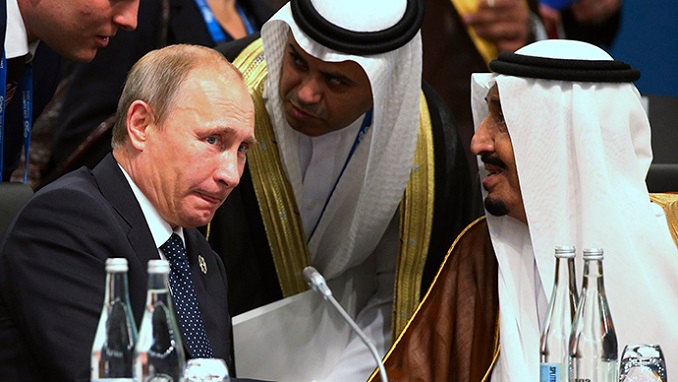The Russia-Saudi Arabia pact on oil production appears to be on shaky ground despite the possibility of a compromise between the two sides on the amount and means of agreed output cuts, Torbjorn Soltvedt, principal MENA politics analyst at Verisk Maplecroft, said in a note Tuesday, according to CNBC.
According to the analyst, any end to Russian-Saudi coordination would likely add significant downward pressure on prices.
“Although our base case is still that Riyadh and Moscow find a compromise to extend the agreement, the pact is now looking more fragile than ever,” said Soltvedt.
He added that to save the pact he expected Saudi Arabia may even have to settle for “low levels of (Russian) compliance to save the pact.”
Verisk Maplecroft estimates that Riyadh needs $80 a barrel in order to fund its 2019 budget while in turn, Russian President Vladimir Putin has claimed that $60 is enough to satisfy Moscow’s needs.
OPEC producing countries, and non-OPEC producers, led by Russia, agreed to cut supply by 1.2 million barrels per day (bpd), an arrangement known as OPEC+.
Saudi Arabia agreed to account for the bulk of OPEC nation cuts and has confirmed it will drop its crude oil production by a further 400,000 barrels per day to 9.8 million b/d in March. If achieved it would mean that since December, Saudi Arabia has become responsible for 70 percent of the total OPEC+ target.
In turn, Russia was set to account for the greater share of non-OPEC cuts, but from October to the beginning of February had only decreased output by 47,000 barrels per day.












